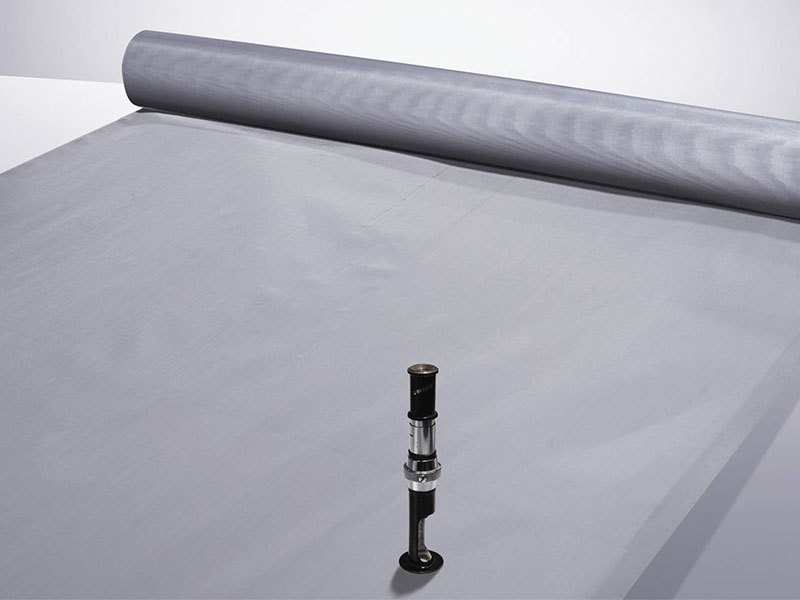Unlocking the Power of PLC Control Systems
Aug 06,2025
Introduction to PLC Control Systems
Ever wondered how modern industries keep everything running smoothly? Well, look no further than PLC control systems. These nifty devices—short for Programmable Logic Controllers—are the backbone of automation in manufacturing, transportation, and even everyday appliances.
What Exactly Are PLC Control Systems?
In simple terms, PLC control systems are electronic devices that manage and control industrial processes. Think of them as the brain of a machine, interpreting inputs and making decisions to ensure everything operates as it should. Imagine a conductor leading an orchestra; that's a PLC for you!
Key Components of PLC Control Systems
- Input/Output Modules: They interact with sensors and actuators, gathering data and executing commands.
- CPU: The heart of the PLC, processing data and executing control programs.
- Power Supply: Just like your morning coffee, it energizes the system!
How Do PLC Control Systems Work?
So, how do these systems actually function? It all boils down to a simple cycle: Input → Process → Output. First, the PLC receives input signals from devices like sensors. Then, based on pre-programmed logic, it processes these signals and sends output commands to actuators or other devices. Voila! The system responds accordingly.
A Day in the Life of a PLC
Picture this: a factory assembly line buzzing with activity. The PLC monitors the conveyor belt speed, ensuring products move at the right pace. If something goes awry, say, a sensor detects an object jammed, the PLC immediately halts the line. Talk about being on the ball!
Applications of PLC Control Systems
If you think PLCs are only for factories, think again! They’re everywhere—from elevators to traffic lights, even in your home automation systems. Here are some prime examples:
- Manufacturing: Controlling machinery, robotic arms, and assembly lines.
- Food Industry: Regulating temperature, mixing ingredients, and packaging.
- Agriculture: Automating irrigation systems and managing livestock feeding.
The Benefits of Using PLC Control Systems
Why should businesses invest in PLC control systems? Well, there are a handful of solid reasons:
- Reliability: PLCs are designed to withstand harsh environments.
- Flexibility: Easily programmable for various tasks—no need for a complete overhaul!
- Cost-effective: Reduce labor costs and minimize downtime.
The Future of PLC Control Systems
With the rise of Industry 4.0 and the Internet of Things (IoT), the future looks bright for PLC control systems. Imagine interconnected factories where everything talks to each other seamlessly. That’s not just a pipe dream; it’s on the horizon!
Conclusion: Embracing Automation
In conclusion, PLC control systems are a game-changer in the world of automation. They’re efficient, reliable, and set to evolve with technology. So, whether you’re in manufacturing or just a tech enthusiast, it’s time to embrace the magic of PLCs!
TAG:
Related News
The Future of PLC Control Systems: Trends and Innovations





